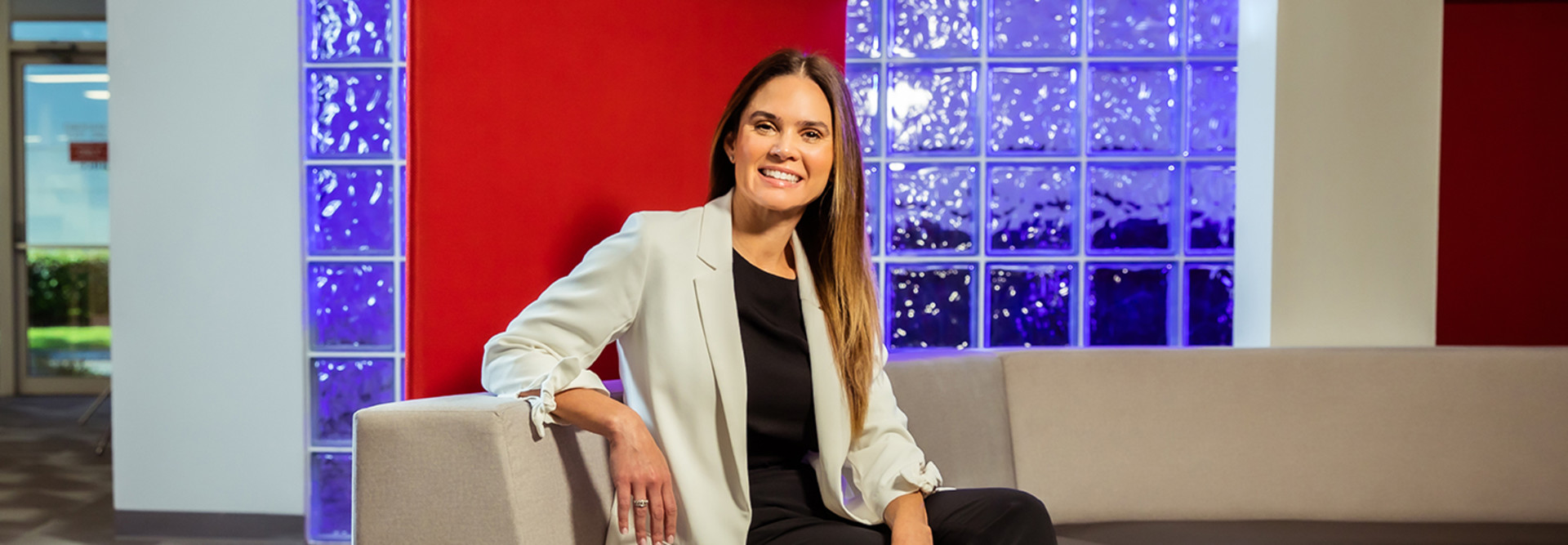The Value of a Well-Managed Device Recycling Program
Southern Glazer’s Wine and Spirits used to allow each office location to dispose of its own e-waste through local recyclers. To better manage and track the process, the company centralized its IT disposal operations in late 2020.
The beverage distributor deploys tens of thousands of devices to employees, including Lenovo ThinkPads for office workers and iPad and iPhone devices for frontline employees, including sales staff, truck drivers and warehouse workers. The IT department frequently upgrades technology, retiring older equipment for employees nationwide, Rodriguez says.
The company also recently decommissioned servers, storage hardware and networking equipment as part of a data center consolidation.
To remove its old IT assets, Southern Glazer’s reached out to CDW, which brought in its ITAD partner Procurri, a certified recycler.
Procurri picks up equipment from Southern Glazer’s about 15 times every quarter, managing as many as 16,000 IT assets annually, Rodriguez says. About half the assets are old laptops and smartphones; printers, peripherals and other IT equipment make up the rest.
EXPLORE: Why mainframes remain essential for many organizations.
Southern Glazer’s usually waits until it has a pallet’s worth of end-of-life equipment before it schedules a pickup. A Southern Glazer’s technician does an initial data wipe. After Procurri transports the equipment to its facilities, it sanitizes devices to ensure that data is completely erased and not recoverable.
“We don’t want IT assets to be just sitting around,” Rodriguez says. “This clears out our storage areas that are wasting space, and it ensures that our assets are properly retired and wiped and don’t get into the wrong hands.”
Procurri repurposes and resells equipment that is still operational and recycles the rest. Rodriguez and her team can log on to a portal anytime to track the disposal process for each device, view certificates of destruction and import the information to the company’s Flexera asset management tool.
Very little, if anything, ends up in landfills, Rodriguez says.
“Working with a trusted partner, we can check the box that the assets are disposed of in accordance with National Institute of Standards and Technology guidelines, and it also ensures that we meet all local and state laws,” she says. “It makes sense for us to outsource the expertise.”












